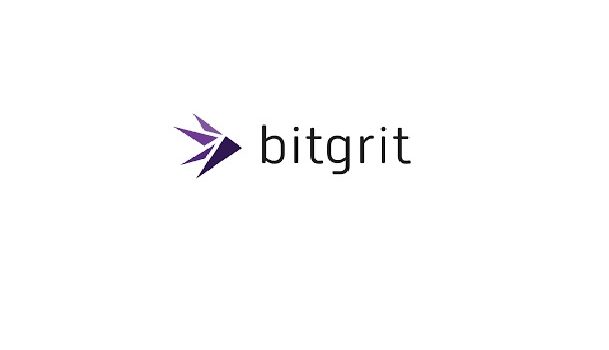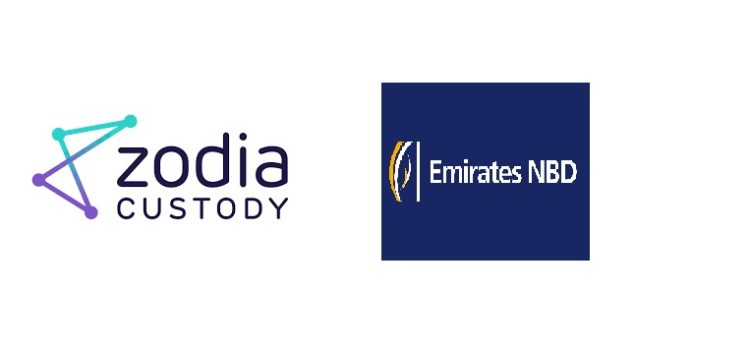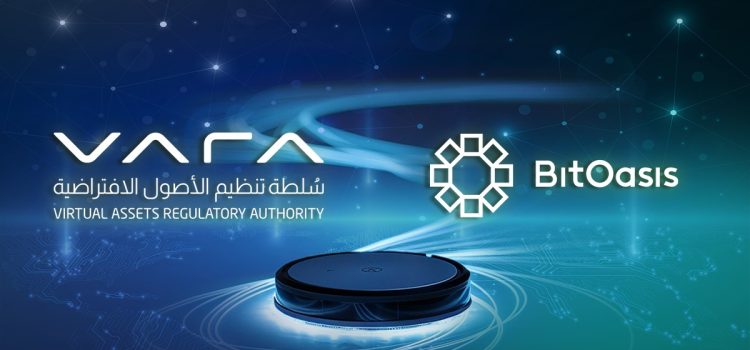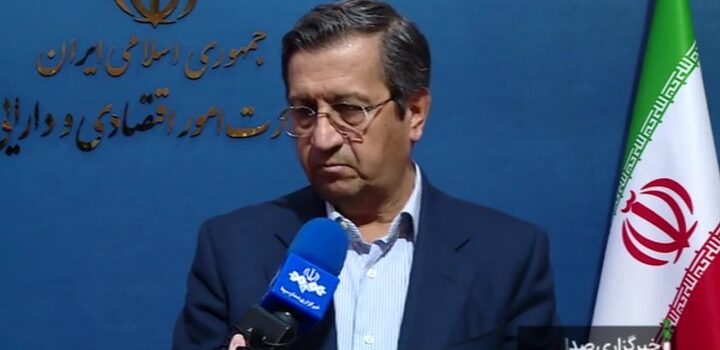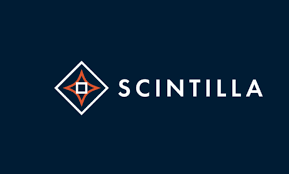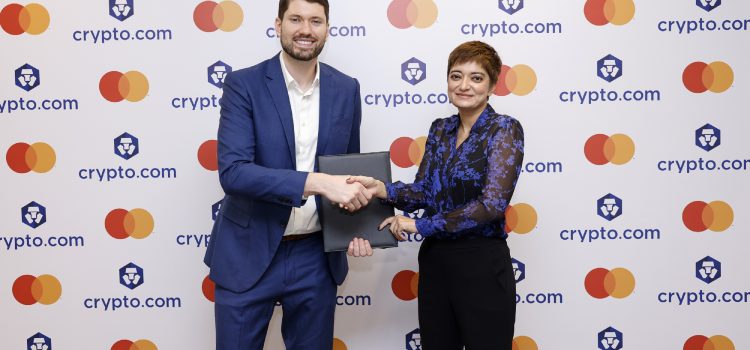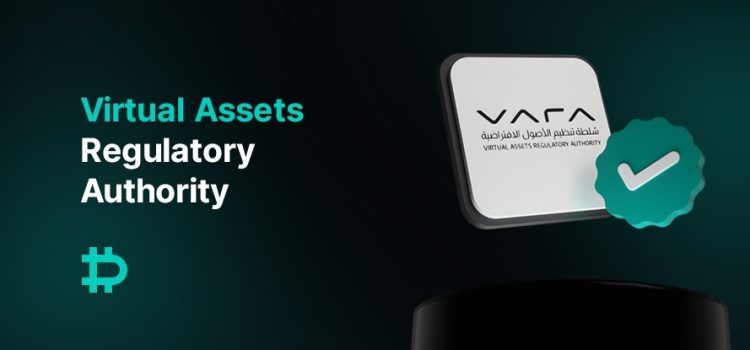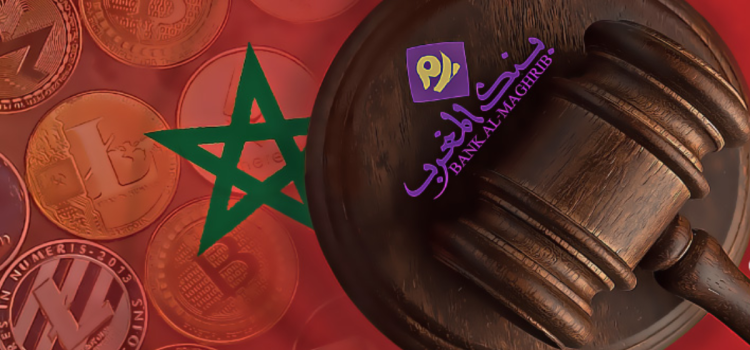
bitgrit, founded in Japan, aims to democratize AI development for all creators and has been working on developing systems utilizing blockchain technology. has announced that it has registered its DLT Foundation at ADGM in UAE.
As per the announcement, this foundation represents the first instance of a Japanese-rooted company leveraging ADGM’s regulatory framework to create a crypto asset foundation.
A DLT Foundation is a foundation scheme provided by ADGM, specifically tailored for projects involving crypto assets and DLT. This framework enables such projects to operate transparently and reliably. It also allows for the issuance and management of tokens in a legally authorized environment, providing significant advantages for projects prioritizing regulatory compliance.
bitgrit has now transitioned into an ADGM-registered entity, placing itself at the forefront of AI and blockchain innovation in the Middle East. The company connects a global community of over 35,000 data scientists and offers innovative services through its AI competition platform and an AI marketplace currently under development.
The newly established BITGRIT DLT Foundation will form the foundation for bitgrit’s planned issuance of crypto tokens. These tokens will be utilized within the company’s platforms, enabling AI agents to leverage AI models and datasets while facilitating transactions among users through token-based ecosystems.
Kazuya Saginawa, CEO of bitgrit, statedm “The establishment of the BITGRIT DLT Foundation is a significant milestone for us as a Japanese-rooted company operating under ADGM’s regulations. By integrating AI agents and Web3 technologies, we aim to create a new ecosystem that delivers value to both users and businesses while ensuring transparency and reliability.”
bitgrit DLT Foundation aims to issue crypto tokens to build an ecosystem where AI agents can efficiently operate and interact, and work toward listing the tokens on the UAE’s “Available Virtual Assets” list to enhance trust and adoption, while expanding from the MENA region to global markets.
In August 2024, Kaia DLT Foundation got licensed in ADGM and their mainnet will be launched on August 29th 2024. Prior to that IoTA also launched its DLT Foundation from ADGM.








